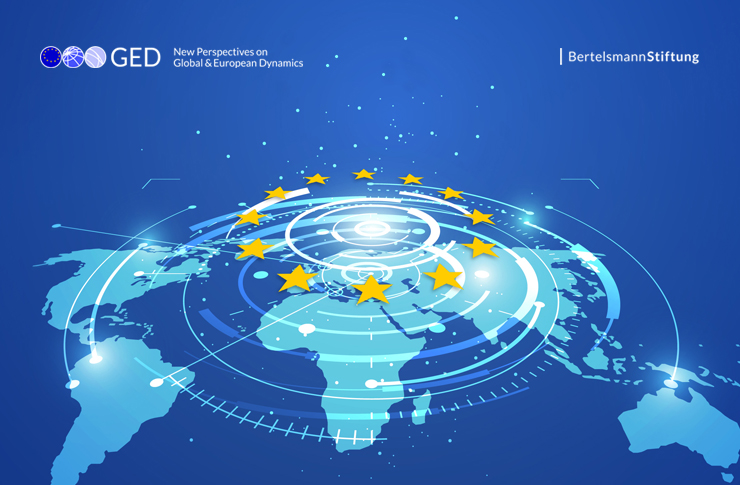
|
March 2022 - Special Edition
Dear Readers,
Our second edition of GED Monthly focusses exclusively on the war in Ukraine.
Our team of experts offers analysis of the far-reaching upheaveal of Europe's economic and security architecture from multiple angles.
These include assessments of Europe's energy independence and the resulting need for new partnerships with other suppliers. We also look at the implications of the war on Europe's transatlantic relations and assess China's emerging role in the conflict.
We also provide analysis of the impact of the war on long-standing internal debates, such as fiscal reform, and consider the matter of Ukrainian membership of the EU.
With warm wishes,
Stephan Vopel and Malte Zabel
Director and Co-Director
Europe’s Future Program
|
|
|
|
|
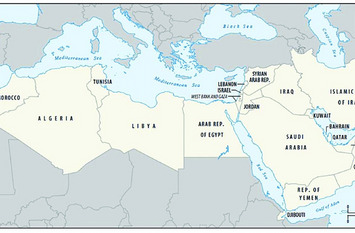
Putin’s War Raises Europe’s Costs in its Southern Neighbourhood
In recent years, Russia has expanded its position of power in the "crisis curve" from Libya to Iran – against European interests and with further destabilising effects for the region. The negative consequences of Russia’s war against Ukraine are now exacerbating instability on the other side of the Mediterranean. This increases the political and financial costs the EU has to shoulder in its dealings with the region. The rich Arab Gulf States, Israel, and Turkey could help Europe cope with the challenges. Read more
|
|
|
|
|
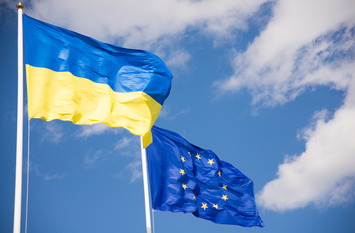
From Ambiguity to Adaptation: How to Shift Gears in EU-Ukrainian Relations
When it comes to Ukrainian membership of the EU, the war has exposed the bloc’s failed balancing act between its neighborhood and accession policies – and exacerbated the economic quandary of full integration. A clear strategy towards Ukrainian membership will require the EU to revisit its fundamendal core, the protection of its values in an increasingly dangerous world. Read more
|
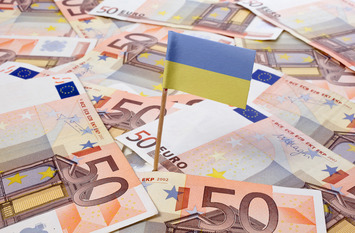
The Impact of the War Against Ukraine on the European Fiscal Reform Debate
The war on Ukraine has hit Europe hard and will test its resolve and unity alike. As European leaders still struggle to fully grasp the economic and financial consequences of the situation, the question of how to deal with inflation and aggravated supply shortages – which has translated into spiralling energy prices and food insecurity – is dominating the economic debate. Read more
|
|
|
|
|
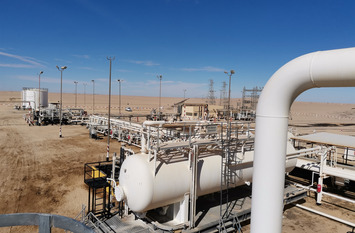
The EU and the Middle East: Exploring alternatives to Russian Energy
While the EU's efforts to become energy independent need to be matched with green goals, the EU also needs to identify potential substitutes for Russian energy imports in the short run. Analysis of the EU's oil and gas-rich neighbours across the Mediterranean reveals that while they can supply the EU with fossil fuels in the short term, the Middle East will also need to come into play. Read more
|
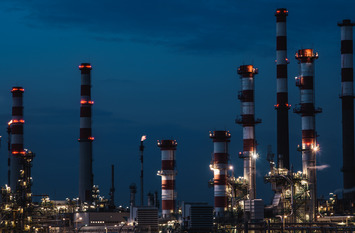
Russian Sanctions Highlight Need for Green Transition for European Energy Independence
The war in Ukraine has shifted the focus of European governments and created a new urgency for European Union energy policy. While EU leaders are focusing on meeting immediate fuel needs to replace uncertain Russian imports, any EU response to its fossil energy dependency must also involve investment in green energy and energy efficiency to improve energy independence long term. Read more
|
|
|
|
|
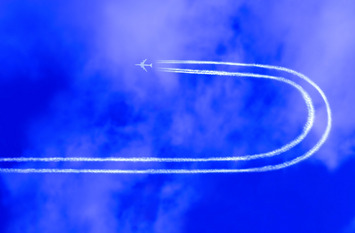
Germany's Foreign and Security Policy U-Turn and its Impact on Transatlantic Relations
Reacting to the escalating Russian war in Ukraine, Germany’s new government has made a historic break with long-established foreign and security policy tenets. Laying to rest German notions about a special relationship with Russia based on strong economic interdependence, Germany pledged to fulfill NATO’s 2% annual spending target on defence and committed to a special fund of €100 billion for the armed forces. With this move, Chancellor Olaf Scholz has upended 30 years of German policy. The era of prioritizing economics over geopolitics is over. Read more
|
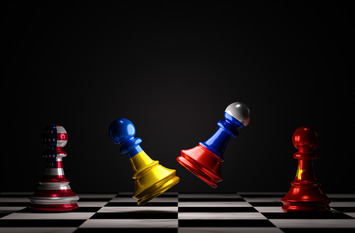
Caught between Russia and the West? China’s Struggle for a Position on Ukraine
While in Beijing the National People's Congress (NPC) is convening and the Paralympics are underway, Europe is at war. However, the Chinese leadership makes no mention of the “Ukraine Situation” in its working report at the NPC. This is unsurprising us over the past three weeks China has been desperately struggling not to take sides too openly in a war where there is no such thing as a neutral position. The Chinese leadership’s dithering rhetoric has been a diplomatic balancing act. Ukraine has unexpectedly become China’s fundamental dilemma in the run-up to the 20th Party Congress later this year. Read more
|
|
|
|
|
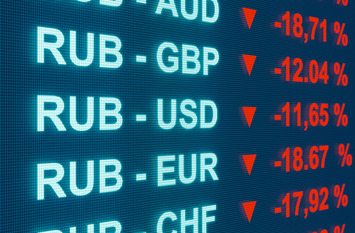
Why more sanctions against Russia are inevitable – and why energy matters top the list
Comprehensive financial sanctions against Russia, going well beyond the SWIFT exclusion often thought of as a “final stage,” were implemented swiftly and arguably more drastically than Moscow expected. They have significantly damaged the Russian public sector balance sheet and local financial markets. Russian President Vladimir Putin described Western sanctions on Russia as being “equivalent to declaring a war.” Yet more will be required. Read more
|
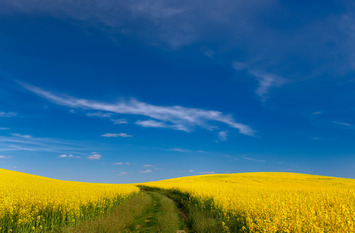
Agricultural Production in Ukraine and Russia and its Implications for Europe
Ukraine is known for its highly fertile black soil Unsurprisingly, the country has, over the last 30 years, emerged as an important producer of agricultural commodities. And so has Russia. Both countries are among the largest producers of agricultural goods in the world today. Especially for grains and sunflowers, a major share of world production stems from these two countries. The Russian war against Ukraine endangers this agricultural production. Read more
|
|
|
|
|
>
In the next edition
|
|
|
|
We will continue to devote the bulk of our analysis to the war in Ukraine, focussing in particular on the future role of containment in the international system, implications for Europe's relations with Africa, the impact on EU accession of the Western Balkan countries and the emerging role of China.
To keep abreast of our work, please keep an eye on our blog: globaleurope.eu
Or follow us on social media: http://twitter.com/GED_Tweet
|
|
|
|
|
|
|
|
|
|
|
|